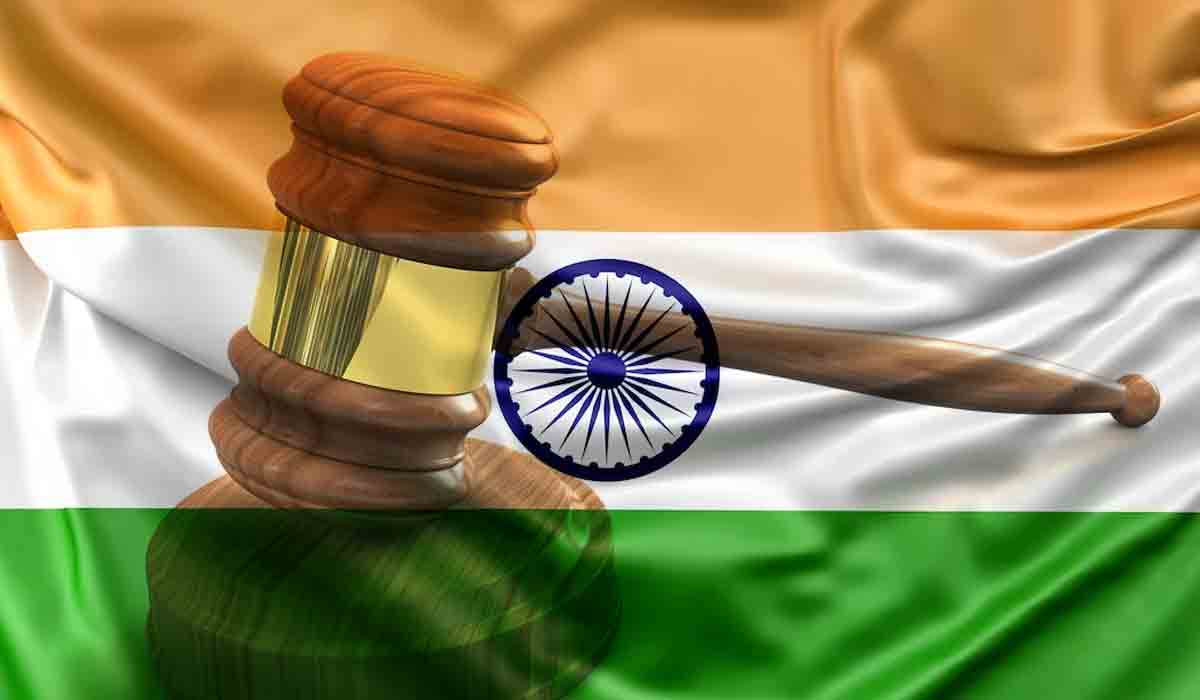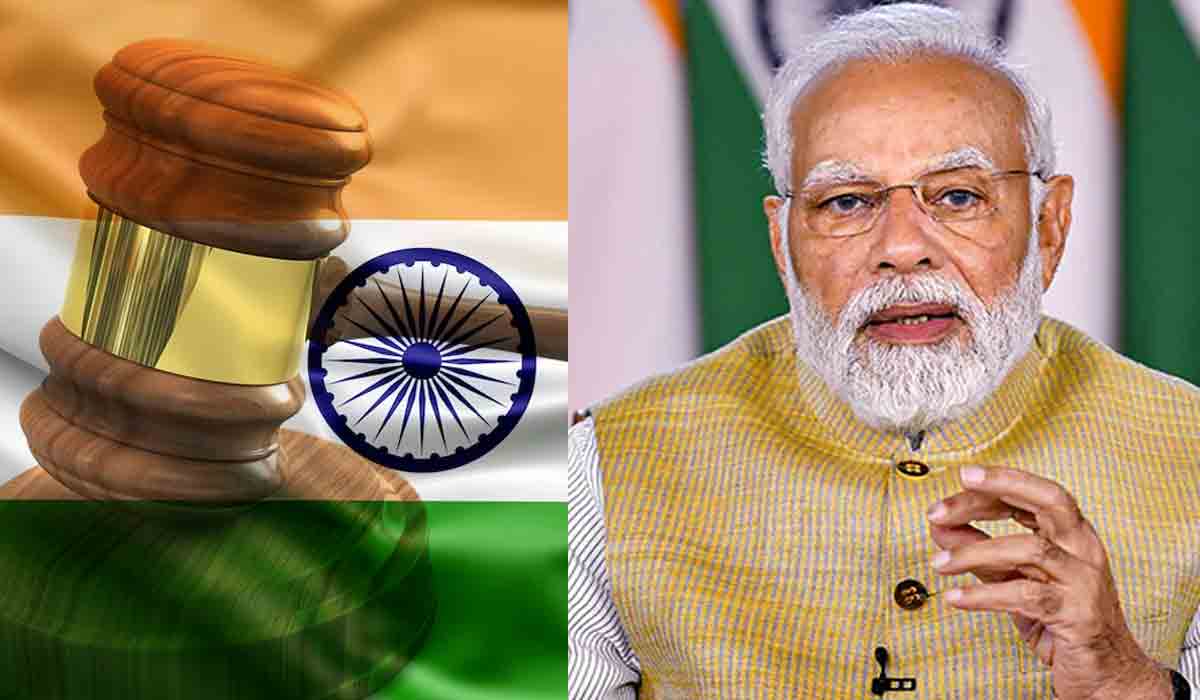The implementation of a Uniform Civil Code (UCC) has emerged as a new agenda for the Modi government leading up to the 2024 elections. The concept of a UCC aims to provide a common set of civil laws governing personal matters, regardless of an individual’s religious affiliation. This article explores the meaning and significance of the Uniform Civil Code, its historical context, the complications associated with its implementation, the potential results, current debates, and the consequences it may have on Indian democracy and civilians.
What is the Uniform Civil Code?
The Uniform Civil Code refers to the proposition of a unified set of laws governing personal matters such as marriage, divorce, inheritance, and adoption. It seeks to replace the existing diverse personal laws based on religious practices and customs with a uniform legal framework applicable to all citizens of India, regardless of their religious beliefs.

History and Complications
The idea of implementing a Uniform Civil Code dates back to the drafting of the Indian Constitution. However, due to its sensitive nature and concerns regarding religious autonomy, successive governments have shied away from its implementation. The complexities arise from the diverse religious and cultural practices prevalent in India, which have historically shaped personal laws. Implementing a UCC necessitates addressing these variations and accommodating diverse perspectives.
Results after Implementation
The implementation of a Uniform Civil Code can potentially lead to several outcomes. It would ensure equality before the law, eliminating gender biases and discriminatory practices prevalent in certain personal laws. It would provide a uniform legal framework, simplifying legal procedures and promoting social cohesion. Additionally, a UCC may foster a sense of national unity, transcending religious divisions, and fostering a more inclusive society.
Current Debates
The proposition of a Uniform Civil Code has sparked intense debates and discussions in the public domain. Supporters argue that a UCC promotes gender equality, social justice, and a common national identity. They argue that personal laws should not supersede the principles of equality and justice enshrined in the Constitution. However, opponents express concerns about religious freedom, cultural diversity, and the potential erosion of minority rights. They argue that personal laws are an integral part of religious practices and should be protected.

Consequences
The implementation of a Uniform Civil Code would have far-reaching consequences for Indian democracy and civilians. It would require careful navigation of religious sentiments, seeking consensus and addressing concerns of all stakeholders. The government must ensure that the process is inclusive, transparent, and respectful of the diverse cultural fabric of the nation. It would be crucial to strike a balance between individual rights and the overarching principles of equality and justice.
Impact on Indian Democracy and Civilians
The implementation of a Uniform Civil Code would test the resilience and strength of Indian democracy. It would require robust deliberations, consultations, and a democratic process involving all sections of society. While it may lead to social cohesion and equal treatment under the law, it is important to ensure that the UCC does not infringe upon the rights and cultural identities of different communities. Respecting religious diversity and promoting harmony should be at the core of any steps taken towards implementing a UCC.
Ending Up….
The Uniform Civil Code is an important agenda that the Modi government seeks to address before the 2024 elections. The implementation of a UCC would require careful consideration, taking into account historical complexities, current debates, and the potential consequences. Striking a balance between personal freedom, religious diversity, and the principles of equality and justice is crucial. It is essential to engage in constructive dialogue and democratic processes to ensure that any move towards a Uniform Civil Code respects the cultural fabric of India while upholding the principles of a just and inclusive society.






















